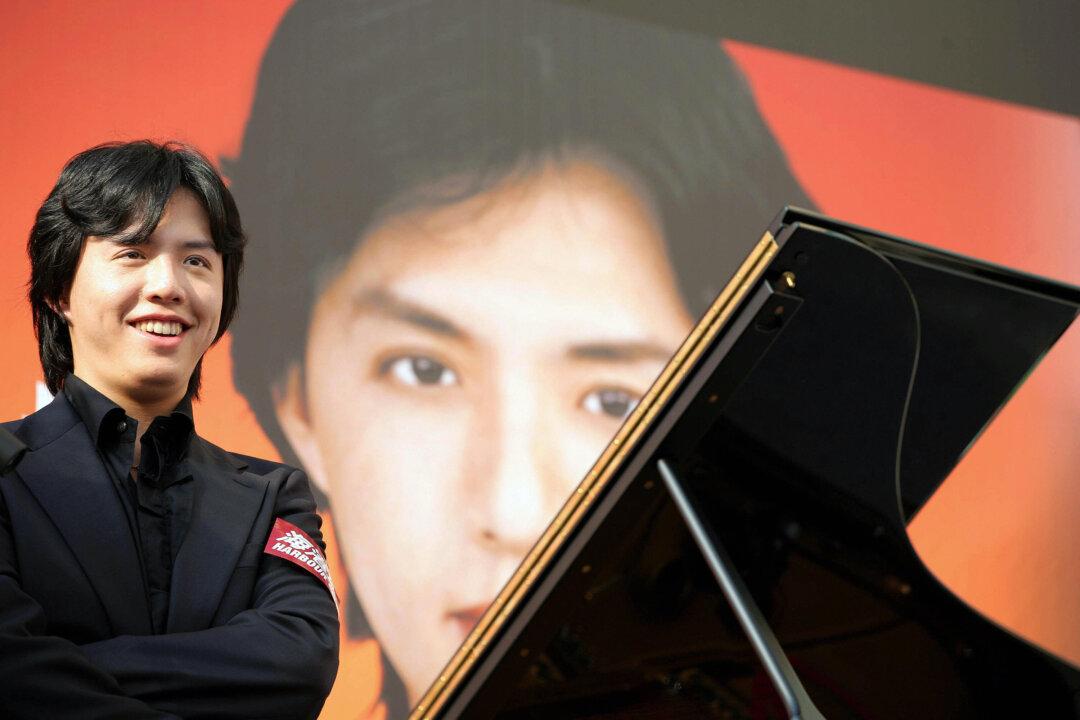It was a jaw-dropping moment for fans when Li Yundi, a household name in China, was accused of soliciting sex services. Yet observers spotlight the state-backed political force behind it.
Li, 39, a celebrated pianist known as China’s “Piano Prince,” confessed to prostitution allegations following tip-offs from the public, state media said on the Twitter-like platform Weibo on Oct. 21. The relevant hashtag shocked netizens and garnered billions of views and comments on social media.




